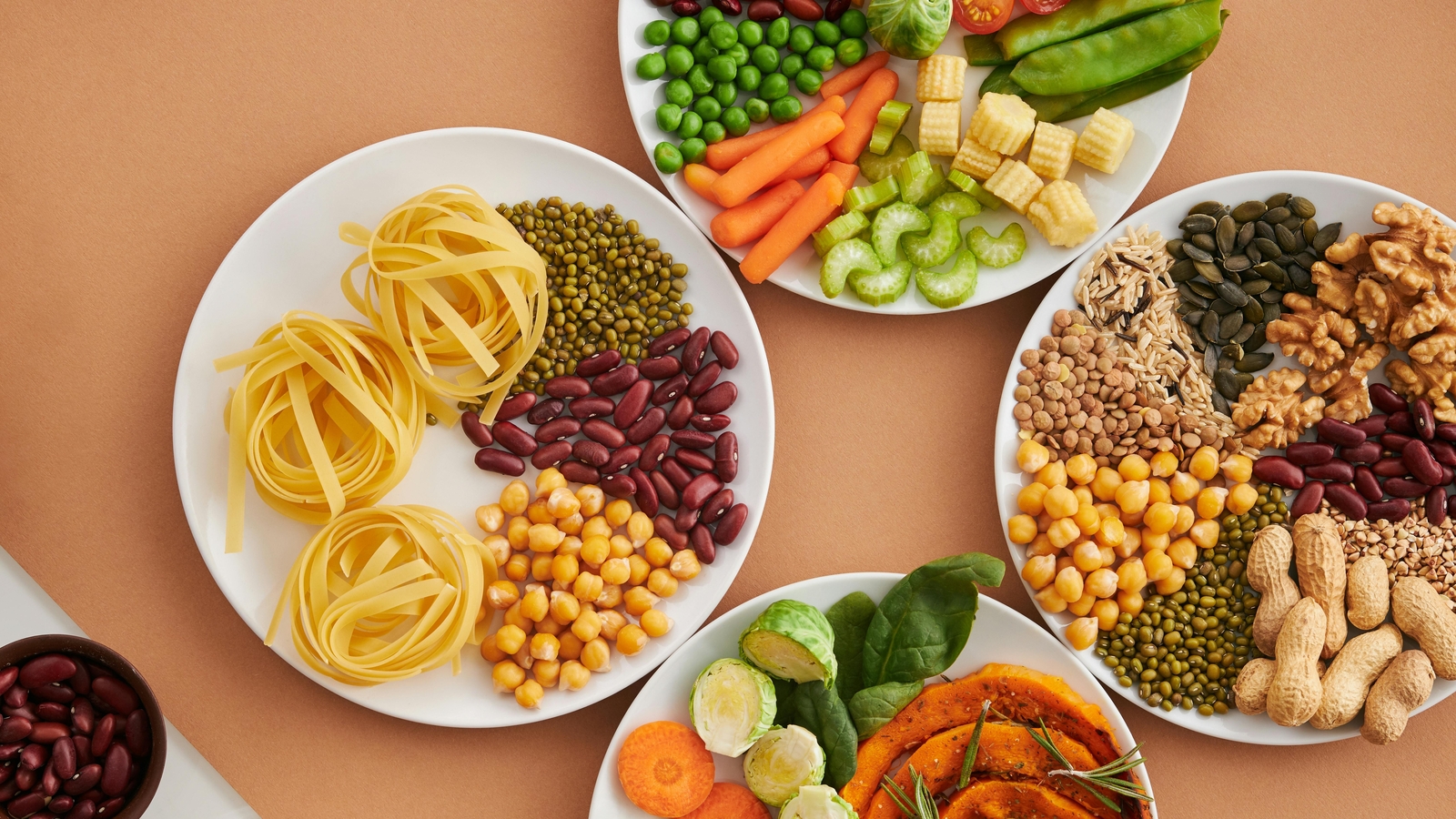In a world where processed foods dominate supermarket shelves, superfoods have gained significant attention for their remarkable health benefits. But what exactly qualifies a food as “super”? And how can these foods help you maintain or improve your well-being?
This article dives into the science and nutritional value of superfoods, lists top examples, explains their benefits, and provides practical ways to include them in your daily meals.
What Are Superfoods?
Definition and Criteria
Superfoods are nutrient-rich foods considered especially beneficial for health and well-being. They are typically:
- High in vitamins, minerals, and antioxidants
- Low in calories
- Natural and unprocessed
- Known to reduce the risk of chronic diseases
Although “superfood” is not a scientific term, it’s widely used to highlight foods with an exceptional nutritional profile.
Why Are Superfoods Important?
Superfoods offer a concentrated source of nutrients that support vital bodily functions, boost energy, and aid in disease prevention. Incorporating them into your diet can lead to:
- Enhanced immunity
- Better heart health
- Improved digestion
- Reduced inflammation
- Greater mental clarity
Top Categories of Superfoods
Fruits and Berries
Fruits, especially berries, are antioxidant powerhouses.
- Blueberries – Rich in flavonoids that support brain health.
- Goji berries – Packed with vitamin A, iron, and amino acids.
- Acai berries – High in anthocyanins, which have anti-aging properties.
Leafy Greens and Vegetables
Leafy greens are full of fiber, vitamins, and minerals.
- Kale – High in vitamin K, calcium, and antioxidants.
- Spinach – Excellent source of iron and folate.
- Broccoli – Contains sulforaphane, which may reduce cancer risk.
Whole Grains and Seeds
Whole grains and seeds provide sustained energy and vital nutrients.
- Quinoa – A complete protein and gluten-free grain.
- Chia seeds – Loaded with omega-3s, fiber, and protein.
- Flaxseeds – Rich in lignans and omega-3 fatty acids.
Nuts and Legumes
Great sources of plant-based protein and healthy fats.
- Almonds – High in vitamin E and magnesium.
- Walnuts – Known for heart-healthy omega-3s.
- Lentils – Rich in protein, fiber, and iron.
Fermented Foods
These support gut health through natural probiotics.
- Yogurt – Contains live cultures that aid digestion.
- Kefir – Fermented milk with multiple strains of probiotics.
- Kimchi and Sauerkraut – Fermented vegetables that boost immunity.
Spices and Roots
Small in quantity, big in benefit.
- Turmeric – Contains curcumin, a powerful anti-inflammatory compound.
- Ginger – Aids in digestion and reduces nausea.
- Garlic – May lower blood pressure and fight infections.
Health Benefits of Superfoods
Cardiovascular Health
Superfoods such as oats, avocados, berries, and walnuts help lower LDL cholesterol and reduce the risk of heart disease by:
- Improving arterial function
- Lowering blood pressure
- Providing anti-inflammatory effects
Immune Support
Foods like citrus fruits, mushrooms, and green tea contain:
- Vitamin C, which boosts immune cell production
- Antioxidants, which protect against oxidative stress
- Antibacterial properties
Digestive Wellness
Fiber-rich superfoods like chia seeds, flaxseeds, and leafy greens support gut health by:
- Promoting regular bowel movements
- Feeding beneficial gut bacteria
- Preventing constipation and bloating
Brain Function and Mental Clarity
Blueberries, salmon, and dark chocolate are known to:
- Improve memory and focus
- Enhance mood
- Protect against age-related cognitive decline
How to Include Superfoods in Your Daily Diet
Simple Swaps and Additions
- Add chia seeds or flaxseeds to smoothies or oatmeal.
- Replace white rice with quinoa.
- Snack on nuts instead of chips.
- Use spinach in salads and sandwiches.
Sample Daily Superfood Menu
| Meal | Superfood Option |
|---|---|
| Breakfast | Greek yogurt with berries and chia seeds |
| Snack | A handful of almonds or a banana |
| Lunch | Quinoa bowl with kale and chickpeas |
| Dinner | Grilled salmon with broccoli |
| Beverage | Green tea or turmeric latte |
Potential Risks and Considerations
While superfoods offer many benefits, keep these tips in mind:
- Moderation is key: Overeating even healthy foods can lead to weight gain.
- Allergies: Some people may react to nuts, seeds, or dairy-based fermented foods.
- Interactions: Garlic and turmeric may interfere with certain medications—consult your doctor.
- Cost: Not all superfoods are budget-friendly. Choose local, seasonal options when possible.
Conclusion
Superfoods are not a magic bullet, but they can significantly improve your overall health when incorporated into a balanced, varied diet. These nutrient-dense options help fight disease, boost energy, and support mental and physical well-being. The key is to enjoy them in moderation and as part of an overall healthy lifestyle.
FAQs
1. Are superfoods better than multivitamins?
Superfoods offer a range of nutrients in natural forms, often with better absorption than supplements. However, they are not a complete replacement for medically prescribed multivitamins.
2. Can I eat superfoods every day?
Yes, but variety is important. Rotating different superfoods ensures you get a wide range of nutrients.
3. Are all superfoods expensive or hard to find?
No. Common items like spinach, oats, bananas, and carrots are affordable and nutritious, even if they aren’t marketed as superfoods.
4. Can superfoods help with weight loss?
They can support weight loss due to their high fiber and low-calorie content, but they must be part of an overall healthy lifestyle and calorie-controlled diet.
5. Do kids benefit from superfoods too?
Absolutely! Children benefit from nutrient-dense foods just like adults. Just be mindful of allergies and choking hazards for younger kids.





